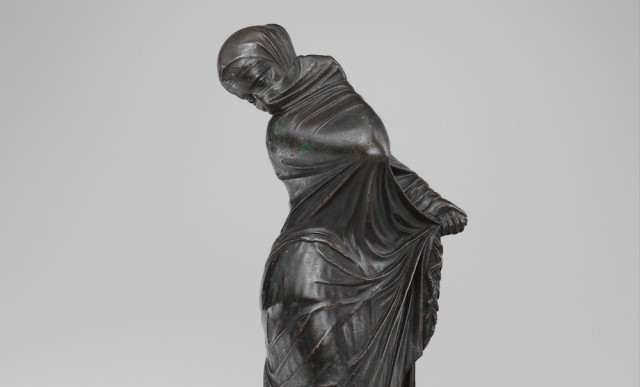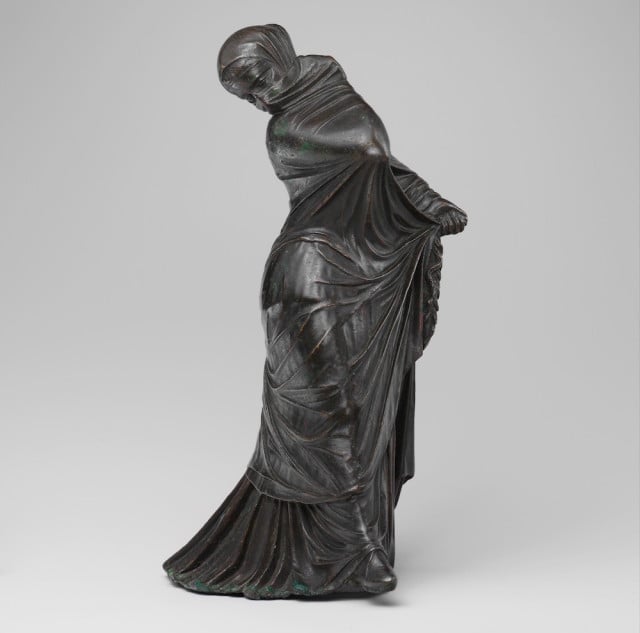Art & Exhibitions
Is ‘Late’ Greek Art the Best of All?
THE DAILY PIC: The Met celebrates some 'decadent' glories we used to revile.

THE DAILY PIC: The Met celebrates some 'decadent' glories we used to revile.

Blake Gopnik


THE DAILY PIC (#1549): This amazing figurine, known as the Baker Dancer, is from the stunning show called “Pergamon and the Hellenistic Kingdoms of the Ancient World,” at the Metropolitan Museum in New York, which surveys the Greek art that came after the death of Alexander the Great in 323 B.C.
The most telling syllables in the exhibition’s title are the two in “-istic”. I’m old enough to remember when they were meant to be pejorative: The Hellenes were what the ancient Greeks called themselves, which means that “Hellenistic” basically means “Greek-ish”. That not-quite-Greek-enough art was understood since the 18th century to have been decadent and overfancy – what the ancient world produced as it fell away from the sober rigors of the “classical” Greek art of the 5th and earlier 4th centuries BC.
Luckily we’ve lost those prejudices, so much so that the Met exhibition barely seems to remember that we had them just a few decades ago. We can now take pleasure in the flamboyant virtuosity of a sculpture of a dancer, from the Met’s own collection, whose sinuous body gets revealed even though she’s fully draped. We can forget that that pleasure once counted as a guilty one.
For a full survey of past Daily Pics visit blakegopnik.com/archive.